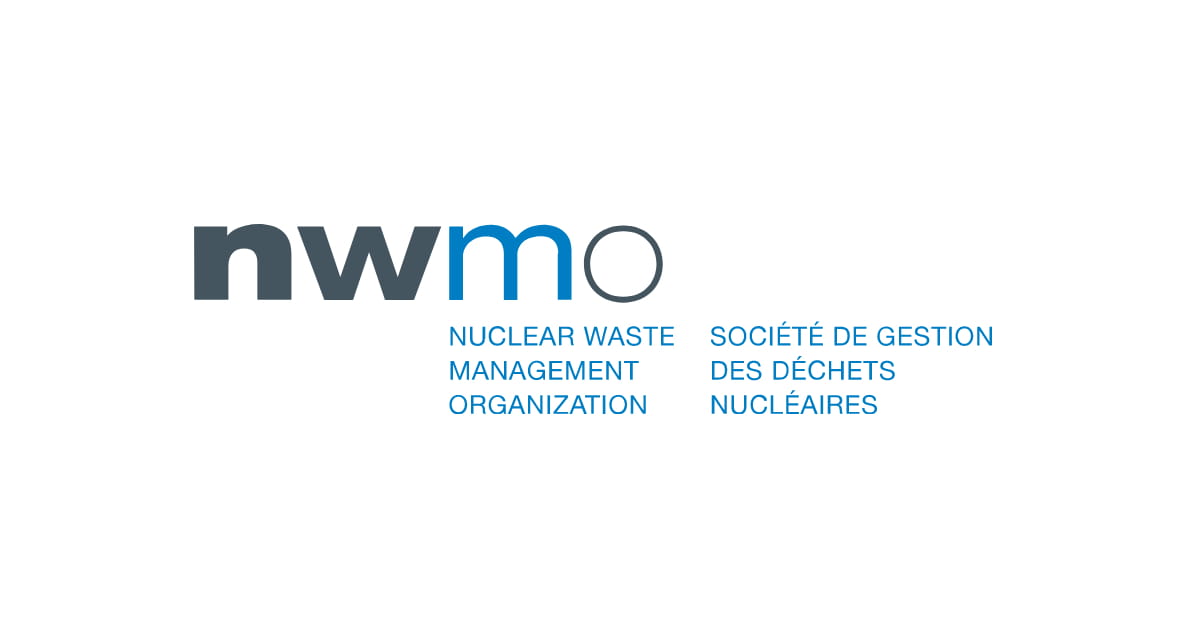Community not continuing to next phase of study
WAWA, November 21, 2013 – The Nuclear Waste Management Organization (NWMO) has completed the first phase of preliminary assessment in collaboration with the Municipality of Wawa and seven others of the 21 communities engaged in learning about Canada’s plan for the safe, long-term care of used nuclear fuel. Wawa and Ear Falls in Ontario, and English River First Nation and Pinehouse in Saskatchewan, were not selected for further study in the process for identifying a preferred site for a deep geological repository and associated Centre of Expertise. The communities of Creighton in Saskatchewan, and Hornepayne, Ignace and Schreiber in Ontario, were identified for more detailed study.
Completing Phase 1 studies with the first eight communities marks an important milestone in the site selection process and a scheduled point of stock-taking. Guided by findings from this first phase of work, the NWMO has started to take decisions about where it will focus the next phase of studies.
At this point in the process, the NWMO is recognizing the contribution all eight communities have made to advancing Canada’s plan for safely managing used nuclear fuel over the long term. In acknowledging their significant contributions, the NWMO will provide $400,000 to each community upon its establishment of a Community Well-Being Reserve Fund.
“Through their leadership, these communities have advanced this major national project on behalf of all Canadians,” said Kathryn Shaver, Vice-President of APM Engagement and Site Selection at the NWMO. “Each has helped design and lead dialogues to ensure important questions about safety are asked and learning continues. By working within their communities and through early outreach to neighbours and Aboriginal peoples, they have underscored the importance of working together and helped set the stage for the next several years of study.”
Administered by the communities, Community Well-Being Reserve Funds will support continuing efforts by each community to build sustainability and well-being. Examples of activities the funds could support include projects, programs or services that benefit community youth or seniors, community sustainability, energy efficiency or economic development initiatives. Other communities engaged in the site selection process will be similarly recognized upon completion of their Phase 1 studies.
“Wawa residents can be proud of the considerable contribution our community has made to advancing this important national infrastructure project,” said Linda Nowicki, Mayor of Wawa. “Our local volunteer Nuclear Waste Community Advisory Committee has put a great deal of effort into the process and is deserving of public acknowledgement. The NWMO’s contribution to a Community Well-Being Reserve Fund is tangible recognition of Wawa’s significant participation in the site selection process.”
Preliminary Assessments are the third of nine steps in a multi-year process for evaluating potential suitability of communities to host a deep geological repository for Canada’s used nuclear fuel and an associated Centre of Expertise. Phase 1 assessments evaluated in a preliminary way the potential for an area to meet or exceed strict safety and geoscientific requirements, and to align with the community’s long-term goals and vision. Any site selected in the future must have an informed and willing host, meet strict scientific and technical criteria for protecting people and the environment for the very long term, and meet or exceed regulatory requirements.
It is expected to take several more years to complete the necessary studies to identify a preferred site. Interested communities may choose to end their involvement at any point during the site evaluation process, until a final agreement is signed, subject to all regulatory requirements being met and approvals received.
Findings to date do not confirm suitability of any site, and no community has expressed willingness to host the project at this early point. These findings do not affect work in the 13 other communities involved in earlier stages of the process.
About the NWMO
The purpose of the Nuclear Waste Management Organization (NWMO) is to develop and implement, collaboratively with Canadians, a management approach for the long-term care of Canada’s used nuclear fuel that is socially acceptable, technically sound, environmentally responsible and economically feasible. The NWMO was created in 2002 by Canada’s nuclear electricity producers. Ontario Power Generation Inc., NB Power Nuclear and Hydro-Québec are the founding members, and along with Atomic Energy of Canada Limited, fund the NWMO’s operations. The NWMO derives its national mandate from the Federal Nuclear Fuel Waste Act, which came into force in November 2002.
About the Municipality of Wawa
The Municipality of Wawa is located in northern Ontario within the Algoma District, conveniently situated on the Trans-Canada Highway between Sault Ste. Marie and Thunder Bay. Wawa is home to 3,000 residents that are well provided for in terms of education, offering both English and French language schools, health care, and government services. The mainstay industry in Wawa is mineral mining, a major contributor to the growth of the community. Wawa is also home to the four-tonne Canada Goose Monument that stands at the entrance of the community, reported to be the most photographed monument in North America.
-30-
Contacts for More Information
Mike Krizanc, Manager of Communications
NWMO
mkrizanc@nwmo.ca
647.259.3043
www.nwmo.ca
Linda Nowicki, Mayor
Municipality of Wawa
lnowicki@wawa.cc
705.856.2244 ext.234
www.wawa.cc

